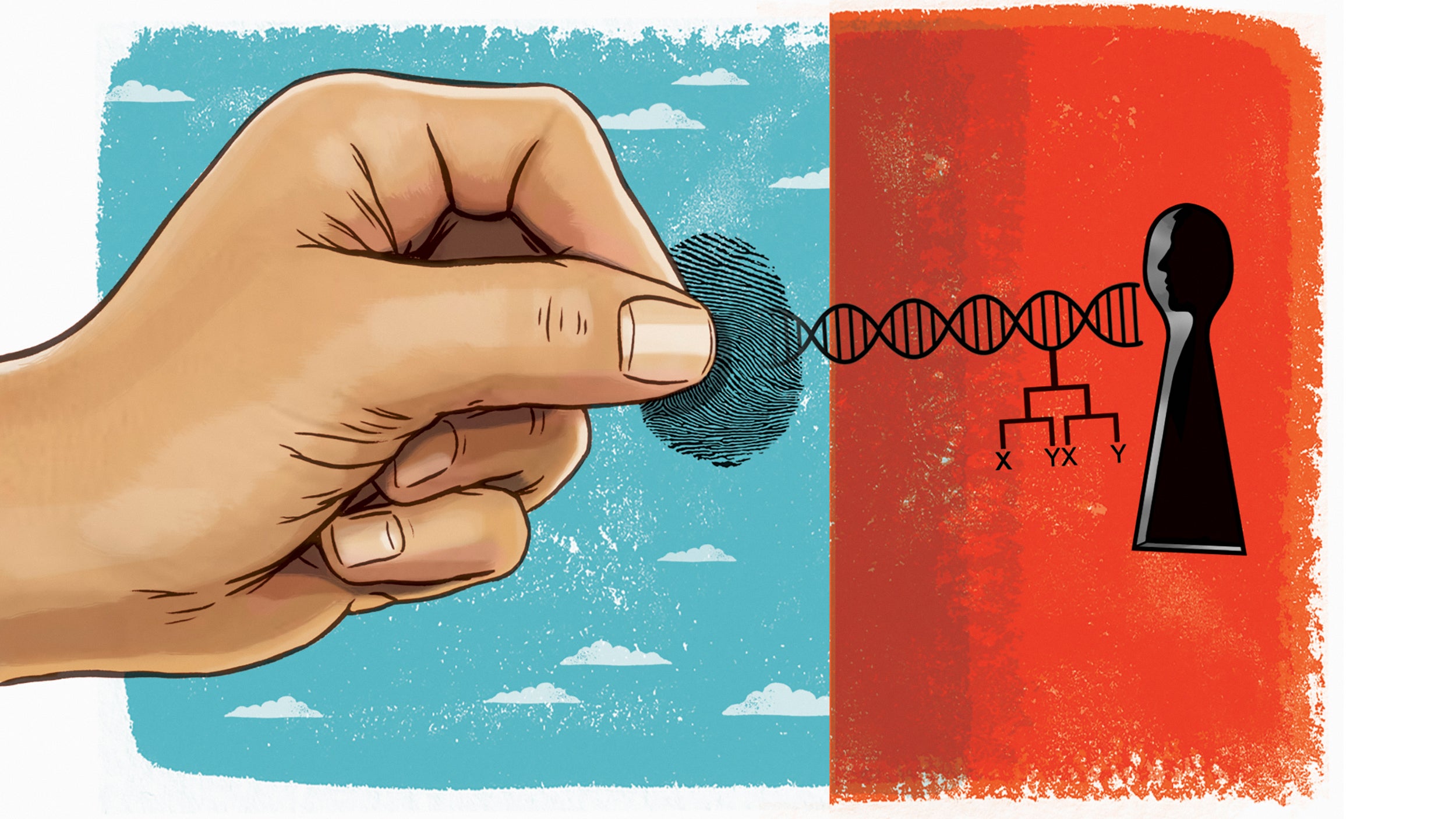Genome Engineering in the News
Page 2
Perspectives on gene editing
January 9, 2019 Medicine is at a turning point, on the cusp of major change as disruptive technologies such as gene, RNA, and cell therapies enable scientists to approach diseases in new ways. The swiftness of this change is being driven by innovations such as CRISPR gene editing, which makes it possible to correct errors in DNA with relative ease.
11.26.18 The reports coming from China regarding the birth of human twins following gene editing experimentation have naturally concerned many scientists and public alike. Incomplete information regarding the experimental approach, validity of results, institutional oversight, and ethics statement preclude a full understanding of these developments at this time. However, if these reports are found credible, many are left wondering what impact these developments could have on science, medicine, and humanity. The Genome Writers Guild is a growing organization made up of researchers, physicians, students, entrepreneurs, investors, government representatives, futurists, artists and public members that seeks to engage the broader public in such discussions, with the goal of helping people both understand the science and applications of genetic engineering and develop informed opinions on these important topics.
Maciej Maselko, Postdoctoral Scholar and Mike Smanski, Assistant Professor of Biochemistry in the Smanski Group at the University of Minnesota.
01.18.18: Maciej Maselko and Michael Smanski, synthetic biologists at the University of Minnesota, have genetically modified yeasts so they cannot breed with their wild type. The Nature article, "Synthetic species made to shun sex with wild organisms", describes how Maselko and Smanski used CRISPR to alter gene expression guiding the "Cas9 enzyme to overactive genes so that their protein products grew to toxic levels". The technology could keep GMOs from spreading genes to unmodified crops and control invasive species. Hear more about Dr. Maselko's recent work when he presents at the GWG 2018 Conference.
01.12.18: Gene Therapy comes of age. Fifty years ago scientists imagined that modifying DNA could be an effective treatment for human disease. Finally, after "building on decades of scientific, clinical and manufacturing advances, gene therapies have begun to improve the lives of patients." The quote is from a review article in the Science titled "Gene therapy: The power of persistence" that summarizes the history, recent advances and outlook for future developments. Shown in the graphic are some of the ediitng tools: Adeno-associated viral vector, lentiviral vector and Sleeping Beauty Transposon System.
David R. Liu, PhD. Image from the Broad Institute.
12.28.17: Pinpoint gene editing. Pioneered by David Liu, chemical biologist and GWG member, pinpoint editing corrects point mutations in the base pairs in DNA and RNA. Dr. Liu modified CRISPR to unzip rather than cut and then chemically change one base pair. Liu's base pair editing work was featured in “Gene Corrector", an article in Nature's ten people who mattered this year.
Image from the Golden Rice Project (golden rice.org)
12.20.17: Golden Rice Approved. The regulatory group for Food Standards in Australia and New Zealand has approved golden rice for human consumption. Golden rice is derived from the rice line GR2E, genetically modified to produce provitamin A carotenoids, and especially beta-carotene, in the grain. By natively encoding the proteins necessary to provide critical nutrients, golden rice holds the promise to end forms of blindness caused by a restricted diet. Read the announcement in the FSANZ government document (PDF).
Dr. Scott McIvor presented at the 2017 Genome Writers Guild Conference in Minneapolis, Minnesota.
11.25.17: Scott McIvor and Gene Therapy. Gene therapy research at the University of Minnesota Medical Center has led to a first attempt to cure a killer disease by editing the DNA inside a patient. The therapy was performed in San Francisco but was developed by GWG member, Dr. Scott McIvor and colleague Dr. Chet Whitley, genetic disease and gene therapy specialists at the U of M. The next attempts will be performed in Minneapolis to test the effective and safe delivery of the gene editing method. “Things are moving forward so fast,” said Scott McIvor, I never would have dreamed you can do what you can do right now.” Read more about McIvor's key research in the gene editing trial in an article in the Minneapolis StarTribune.






